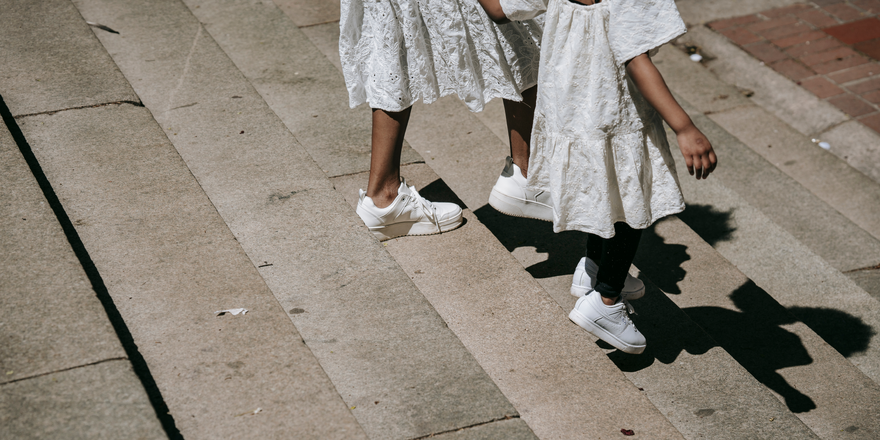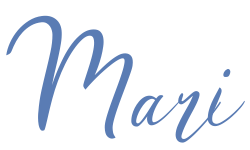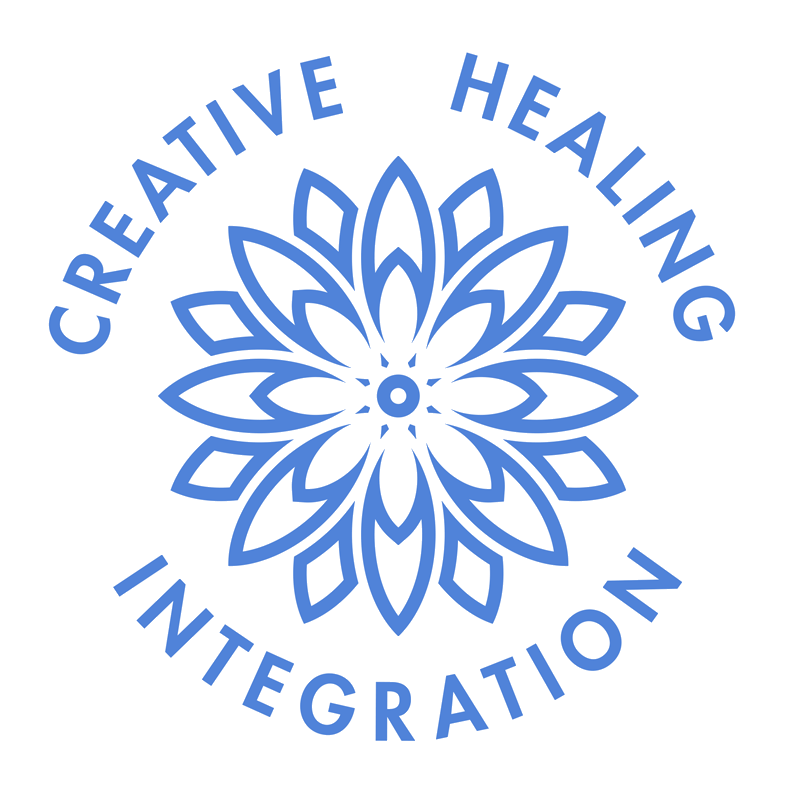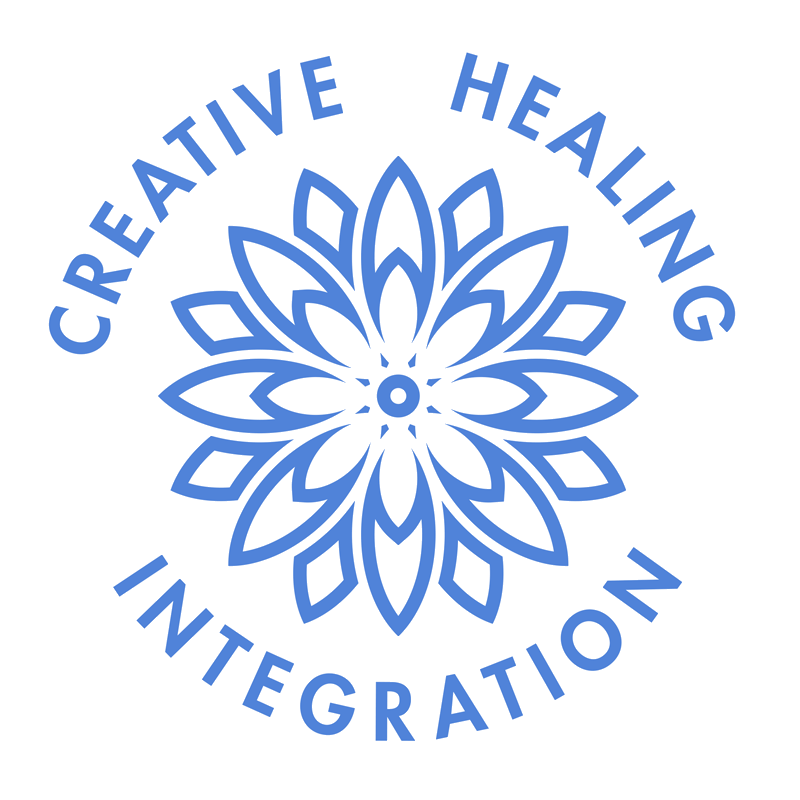Ask Your Body

A Morning That Changed Everything
Kiley was jolted awake by an unfamiliar sound echoing through the house. Curious and a bit uneasy, the 7-year-old tiptoed downstairs, her heart pounding with each step. What she saw would forever be etched in her memory: her mother, the strong and loving woman she adored, was crumpled on the floor, sobbing uncontrollably. These weren't just tears; it was a heart-wrenching, soul-deep anguish that shook her entire body.
Kiley froze. She had never seen her mother like this, so broken, so...lost. They had always been close, an unspoken bond that only a mother and daughter could share. But in that moment, something shifted. Kiley couldn't know it then, but their closeness would never be the same again.
The reason for her mother's despair was shocking. Her father—the man who had been her mother's sweetheart since their school days—had been unfaithful. And now, he wanted a divorce. The revelation hit her mother like a train, leaving her blindsided and shattered, completely incapable of caring for Kiley and her sister, Monica.
In the aftermath, their mother withdrew into herself. A cold distance replaced the warmth and emotional support Kiley had always known. Their mother buried herself in work, leaving the care of her daughters to trusted neighbors as she grappled with her grief. The vibrant, nurturing home they once knew was gone.
Years passed in this new, stark reality. Ten years later, in a twist that no one saw coming, their mother remarried their father—the very man who had once caused her so much pain.
The journey to this point was filled with complexities, heartache, and a desperate longing for something that was lost long ago. Kiley's Mother Wound isn't visible but is felt in her very core. Twenty years after that early morning jolt, Kiley suffers from panic attacks, acid reflux, and an inability to stay in a committed relationship beyond the three-month mark.

Ask Your Body
The relationship we have with our mothers can deeply influence our emotional and psychological well-being. This influence is sometimes referred to as the "Mother Wound." But how do you know if this wound exists within you? Let’s start by asking your body.
How Do You Know If You Have a Mother Wound?
You could take my quiz, or you can reflect on common symptoms below. But before diving into the list, it’s important to know that Mother Wounds can manifest in different ways. For example, one Mother Wound may make you feel easily intimidated, causing you to hide and question your abilities. Another might lead you to be indifferent, cocky, impersonal, and unable to connect deeply with others.
Common symptoms of the Mother Wound include:
• Struggle to trust yourself: Engulfing Mother Wound
• Expect others to know better: Critical Mother Wound
• Waiting for the other shoe to drop: Abandoned One Mother Wound
• Believe you are the only one who can do it: Tough Guy Mother Wound
• Feel you don’t deserve it: Invisible Mother Wound
• Think you are here to help others: Big Little Man Mother Wound
In my book, courses, and as a member of the Overcoming the Mother Wound (OCMW) community, I delve deeper into how our early attachment experiences shape the type of Mother Wound we may develop. Whether through unhealthy attachment or detachment, the Mother Wound can profoundly influence our relationships. Those with an active, unhealed Mother Wound may find it challenging to leave toxic relationships, while others may struggle with forming deep connections and allowing prolonged intimacy and commitment.
The Role of Attachment and Detachment
We are relational beings, and many women thrive in this area. It is painful when a healthy attachment isn’t there. If a woman never received healthy attachment, or if it was received in a critical or abusive manner, she may be starving for what she truly needs. This concept doesn’t exclude men, but in my experience, their priorities often differ, with a higher emphasis on purposefulness over relational attachment.
Moving Forward
Understanding and healing the Mother Wound can be a transformative process. I invite you to explore this further by reflecting on your own experiences, taking the quiz, or reading more in my new book. Healing is possible, and the first step is recognizing the wound that might be hidden within.



0 comments
Leave a comment
Please log in or register to post a comment